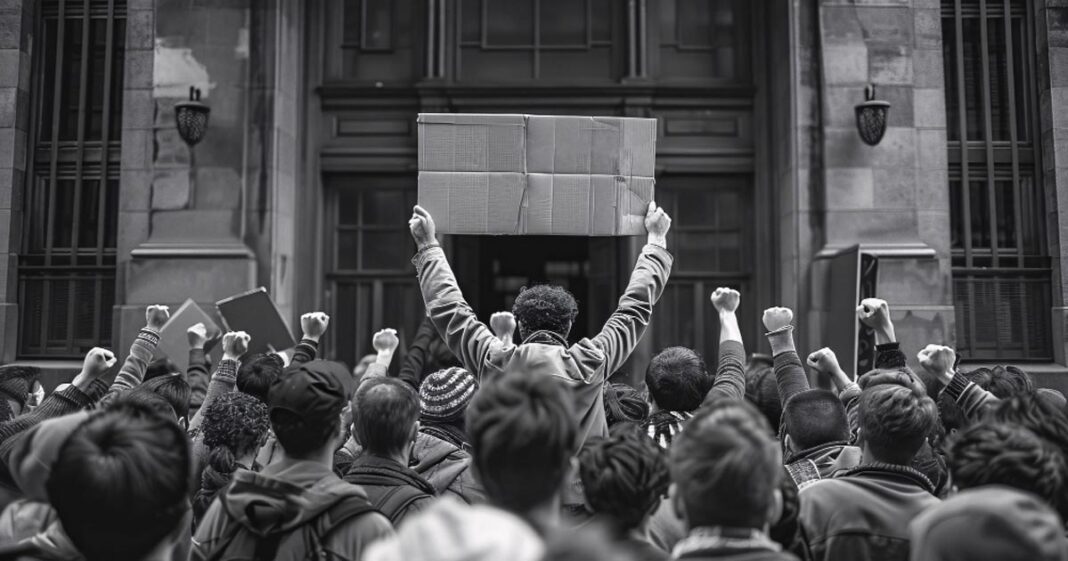
Introduction
Money plays a crucial role in politics, influencing election outcomes, policymaking, and governance. While financial resources are necessary for running campaigns and reaching voters, excessive spending and corporate donations raise concerns about political integrity and democratic fairness. The increasing influence of wealthy donors and special interest groups has sparked debates on whether democracy is being undermined by moneyed interests. How does campaign financing shape politics, and what reforms could create a more transparent system?
The Role of Money in Political Campaigns
Elections require substantial funding for advertising, outreach, staff salaries, and travel. In many democracies, political candidates and parties rely on:
– Individual Donations – Contributions from ordinary citizens.
– Corporate and Special Interest Funding – Large sums from businesses, unions, and lobbying groups.
– Government Funding – Public financing in some countries to support candidates and reduce reliance on private donors.
– Personal Wealth – Self-funded campaigns by wealthy candidates.
The Impact of Big Money on Democracy
1. Corporate and Special Interest Influence
Wealthy donors and organizations often fund campaigns in exchange for favorable policies. This creates:
– Lobbying Power – Large corporations and industries influence legislation that benefits them.
– Policy Bias – Politicians may prioritize donor interests over public needs.
– Weakened Public Trust – Citizens lose faith in democratic institutions when they perceive politicians as being “bought.”
2. Unequal Political Competition
– High campaign costs favor wealthy candidates, limiting political diversity.
– Grassroots candidates struggle to compete without significant financial backing.
– Media coverage is often influenced by advertising budgets, favoring well-funded campaigns.
3. Case Studies of Election Spending
– United States – The 2020 U.S. Presidential election saw record-breaking spending of over $14 billion, with Super PACs and corporate donors playing a major role.
– India – The 2019 Indian general election was the most expensive in history, with an estimated $8 billion spent, highlighting the role of corporate donations and opaque funding sources.
– United Kingdom – While stricter campaign finance laws exist, major parties still rely on big donors and business interests for funding.
Potential Reforms for Fairer Elections
To reduce the disproportionate influence of money in politics, various reforms have been proposed:
1. Campaign Finance Limits
– Capping political donations to prevent wealthy individuals and corporations from dominating campaigns.
– Spending limits on elections to create a more level playing field.
2. Public Financing of Elections
– Government-funded campaigns can reduce reliance on private donors.
– Matching small donations encourages grassroots participation.
3. Transparency and Accountability
– Stricter disclosure laws to track political donations.
– Real-time public reporting on campaign contributions.
– Banning dark money by requiring transparency in all political financing.
The Future of Money in Politics
With growing public pressure, many governments are considering stronger regulations on campaign financing. Technology and digital fundraising have also provided new ways for small donors to counteract the power of big money. However, meaningful reform will require political will and widespread support.
Conclusion
Money in politics remains a double-edged sword—it enables candidates to campaign effectively but also opens the door to undue influence. The question remains: Can democracy thrive when political power is tied to financial resources, or will reforms level the playing field for all citizens?




